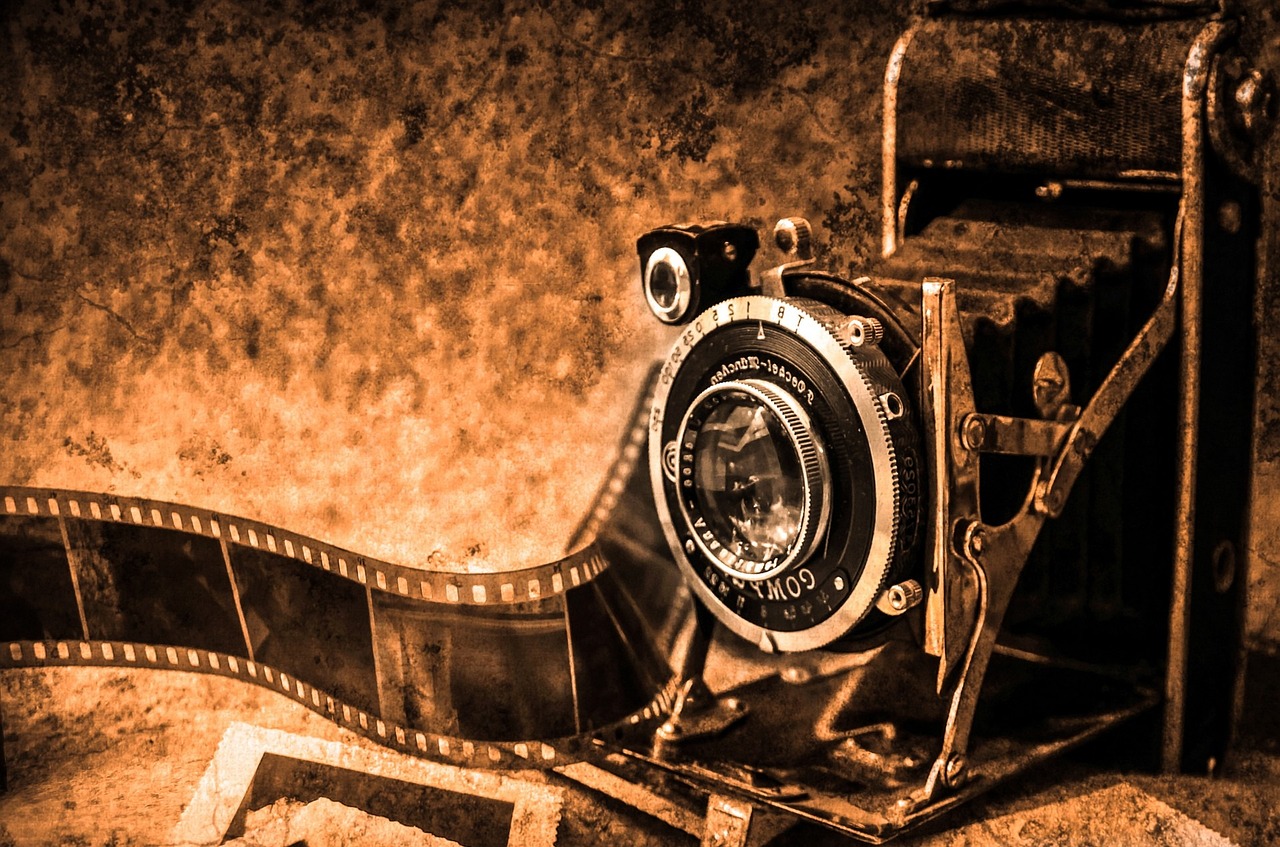From Shakespeare to Screen: The Influence of British Literature on UK Cinema

Over the years, many British authors have contributed immensely to the development of literature and specially to that of world cinema in general, and to that of the United Kingdom in particular. Ever since the great plays of William Shakespeare right up to contemporary novels and British literature as a whole has offered a catalogue of works that have been made into films. This blog will focus on analyzing British literature in light of UK cinema, beginning with Shakespearean adaptations, passing through historical literary films and ending with contemporary literary films.
The Legacy of Shakespeare: The Foundation of British Cinema
William Shakespeare, pen intoxicated genius and esteemed as the greatest poet in the English language, has cast his influence in literature and in the screen. Indeed, his works, with their general subjects, main characters, and figures of speech, have had the record of being made into films as the most overused literary products. There’s one figure that seems to haunt UK cinema more than most and that is William Shakespeare, with directors repeatedly adapting his plays for the screen.
In fact the first adaptation of William Shakespearean was done in British cinema during the silent film period. William Kennedy-Laurie Dickson’s ‘King John’ shot in 1899 would rank as one of the first Shakespearean films known to date. Albeit, the motion picture was a short one, it was enough to give a vision for other versions. Not surprisingly, the ways in which the film industry has adapted Shakespeare has change as the industry developed. Directors started exploring the styles, the settings and even the interpretation of the play, thus providing a wealth of Shakespearean films.
With Laurence Olivier’s adaptations in the mid twentieth century for example “Hamlet” the 1948 production and “Henry V” the 1944 production many people consider these movies as masterpieces. It was for these reasons that Olivier’s films were characterised as theatrical, realistic, and cinematically innovative, in their ability to translate the dramatic plays of Shakespeare. The British male actor’s altogether different rendition of ‘Hamlet’ had the Oscars for Best Picture too!
More recently, Kenneth Branagh among other directors has followed on with the task of adapting Shakespeare for the film industry. In Branagh’s Henry V (1989) and Much Ado About Nothing (1993) the inventive energy, film-directing accessibility, and textual bible-veneration are positively high-end. These films have aided in keeping Shakespeare’s work relevant and alive in the British viewership thus making his impact on the cinema of UK unchangeable.
The Victorian Novel: A Source of Melodrama and Social Commentary
Apart from Shakespeare, the British literature has not ceased but to influence the UK cinema through the adaptation of the Victorian novels. The nineteenth century can well be identified as the century of the British novel; this period yielded some of the most famous pieces of fiction written in English. It is important to note that many novelists of the female Gothic were great woman of letters such as Jane Austen, the Bronte sisters, and the like who wrote fiction that was more social commentary than anything else, and the themes that were sympathetic to the rating include social issues, moral, and philosophical issues, emotional and psychological issues, and so on which have always been favorites to film adaptors.
Novels of Charles Dickens with bright characters and complex plots are also well liked in UK cinematize. Tolstoy’s works are motion picture material many a time, every generation seems to discover his stories anew. Such movies as David Lean’s “Great Expectations” (1946) and “Oliver Twist” (1948) although highly different from Dickens’ texts are still fantastic, recreating the mood and the atmosphere of the Victorian London and telling the audience good stories.
The UK cinema has also drawn much inspiration from Jane Austen’s novels, which are all about manners and romantic complications. This fact is proved by the popularity of the modern film adaptations of “Pride and Prejudice”, “Sense and Sensibility” and “Emma” In the “Pride and Prejudice” by Ang Lee and “Sense and Sensibility” by Joe Wright people can see the beauty of Austen’s work as it appears to be actual and topical at the same time.
Even the sisters of the Bronte family have stuck their feet firmly into the UK cinema. Writers of gothic novels, their works with themes of the darkness and expressive passion of the characters; the subject of several movies. There exist many adaptations of ‘Wuthering Heights’ by Emily Bronte, each of which presents a different view of the passionate narrative and the tempestuous moors. Likewise, Charlotte Bronte’s ‘Jane Eyre’ has been an appealing novel for the making for filmmakers, ranging from the pure classic ‘adequate’ movies and TV shows’ to the variation of ‘young adult’ adaptations.
Modern British Literature: Contemporary Voices on Screen
In the following decades and centuries as the British literature changed, so did the impact of the latter to the UK cinema. Today’s Britain has been prolific in producing new material for filmmakers – topics and experiences of contemporary life. Even if British screen productions have been enhanced from the fictions of Ian McEwan and J. K Rowling among others, modern British literature has been pivotal in constraining the map of UK cinema.
It is worth saying that most of the films based on Ian McEwan’s novels were his psychological thrillers where the shades of moral greyness are explored. Of all adaptations, probably the most praised and critically acclaimed one is the 2007’s “Atonement” directed by Joe Wright, which was also nominated for several Oscars. The film adapts faithfully the complex construction of the novel and tries to develop the main themes, guilt, redemption and the impact of one lie. In his work, apparently, he has tended towards capturing the screen – the sort of pungent characterizations, and the aching sound and feel of emotions.
Regarding the adaptations, one of the most successful original novels turned into films is a series of ‘Harry Potter’ written by J. K. Rowling. These movies starting with the “Harry Potter and the Philosopher’s Stone” which came out in the year 2001 not only adapted Rowling magical world on to the big screen but also became movie giants. If the Harry Potter films succeeded in the UK then it was an ideal solution for the film industry of this country, and the improved financial condition of Britain as well a definitive proof of the country’s ability to compete globally. It also dealt with the role of adaptations in literary works as its narrative of the Harry Potter series depicted.
Modern British literature remains influential in the modern world and filmmakers keep encouraging them to treat different genres and topics. For example, the movie based on the novel of the same title by Kazuo Ishiguro released in 2010 under the direction of Mark Romanek with the same title is a good example of film that thematizes dystopia with melancholic attitude. The movie is also very calm and slow in pace which is in harmony with the novel’s existential themes of identity, memory and humanity. Likewise, productions based on works by Zadie Smith, ‘’White Teeth’’ (2002), introduced representation of multicultural Britain, enriching the British literary canon with representative material.
The Impact of British Literary Adaptations on Global Cinema
It surprising, but the impact British literature has had on the UK cinema is not only noticeable in the United Kingdom. There has been recognition of British literary adaptations across the globe with appreciations in terms of credit and sales. It has been a way of sharing with the audiences around the globe the depth of Britain’s literary value, ideas that are timeless.
Some of the best British literary adaptations have also contributed immensely in the progress of the world cinema. The success of such films has proved that it is possible to do adaptations from literature and this has encouraged filmmakers around the globe into realizing the opportunities that literature offers to cinema. Also, adaptions of British literature have put UK films on the international map and brought the cream of the crop to the country to work on projects in union with other countries.
The idea of British literary film adaptations is quite popular in the global scene by the consideration of the awards that these films have received. Such films as “Atonement,” “Pride and Prejudice,” and “Harry Potter” have received awards at the major festivals and ceremonies, which illustrative the continuity of the British literature legacy in the cinematography.
The Future of British Literary Adaptations: New Voices and New Stories
Thus, as British literature progresses, so will its impact on the UK cinema forever. It means that new audiences and new ideas are growing, and new vision and new techniques are manifesting in cinema. The further development of British literary adaptations seems set to be as multifaceted and divergent as the literature upon which such movies are based, with directors moving through many more areas, registers, and themes than has perhaps been previewed here.
Also, the case of the streaming services and the new media offers new opportunities for literary adaptations. It is not as if filmmakers are limited to only the production of a feature film; they also decide on serialized adaptations, short films, and experiments. Such a shift in the industry is probably going to result into even richer and diverse influences of British literature on UK cinemas.
All Things Considered
From this paper, it becomes very clear that British literature has shaped UK cinema in a way that shows that even today stories are still being powerful. Literature, ranging from William Shakespeare’s plays to modern British writers’ novels and stories, offers an inexhaustible source of work that can be filmed and reinterpreted for the screen. Despite the current directions and changes in the UK cinemas, literary tradition will keep on influencing the films that will be produced and those audiences which they will attract, as well as the direction in which the cinematic arts themselves are heading.












Post Comment